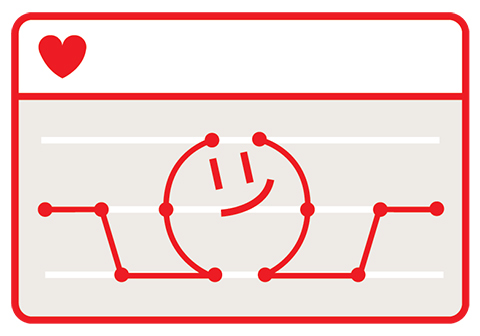A growing number of gadgets track how far we walk in a day and how many hours we sleep at night. But these numbers don’t tell us anything valuable about our overall health, says Jayson Parker, a biology professor at U of T Mississauga. “For the average person without a medical condition, this knowledge is useless,” he says. The information these devices provide is what medical researchers call “dark data.” It’s gathered but then not useful for decision-making.
Parker notes, however, that insurance companies have grown interested in research showing that less sedentary people have better heart health – in which case “steps per day” may turn out not to be “dark” after all. In his own research, Parker is using biometric information to predict superior health outcomes over a 36-hour period. Success would bring this data “into the light,” too.
Recent Posts
U of T’s 197th Birthday Quiz
Test your knowledge of all things U of T in honour of the university’s 197th anniversary on March 15!
Are Cold Plunges Good for You?
Research suggests they are, in three ways
Work Has Changed. So Have the Qualities of Good Leadership
Rapid shifts in everything from technology to employee expectations are pressuring leaders to constantly adapt






One Response to “ Dark Data ”
As a cancer survivor, I suspect that exercise was a factor in my post-op success and recovery. I am now helping Canadian university students start cancer clubs to provide support and help raise awareness among youth.